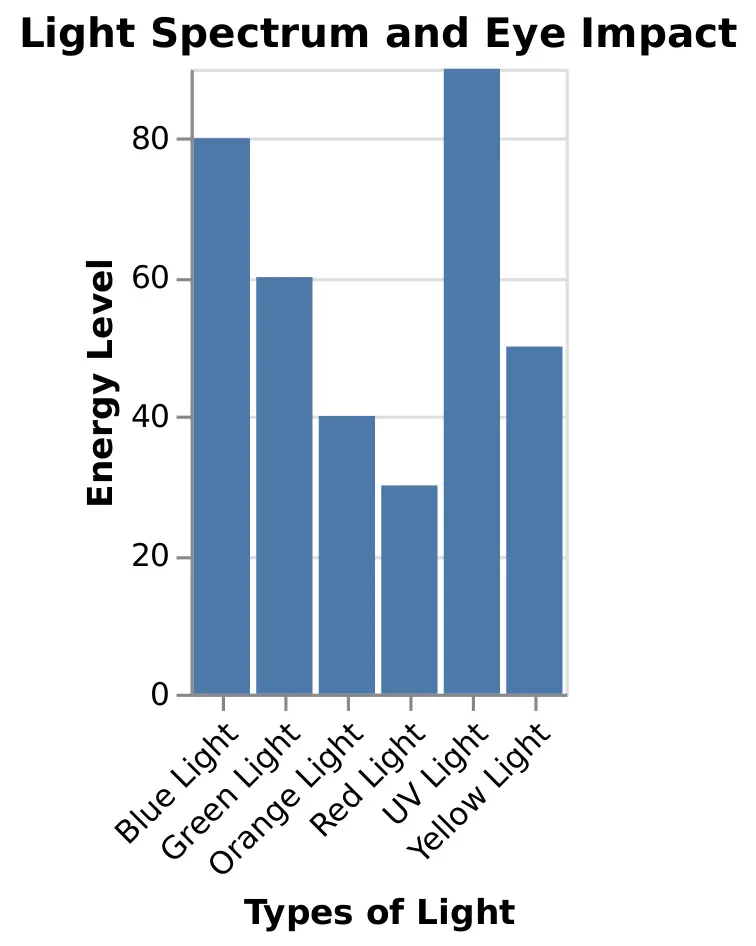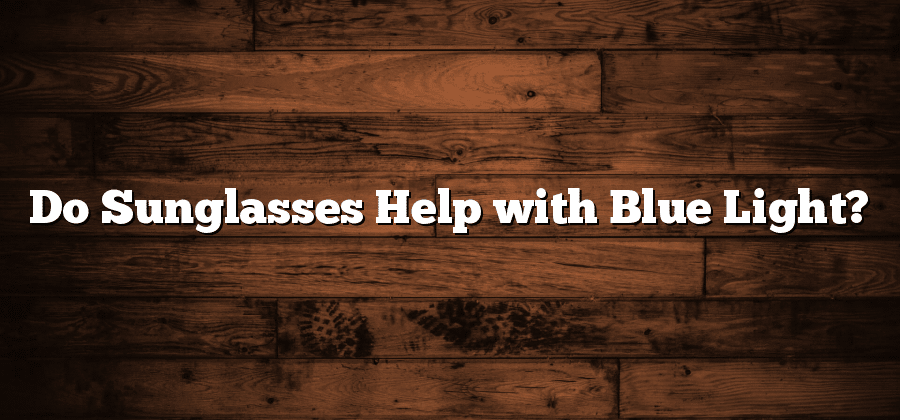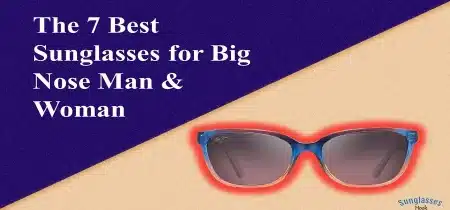In the digital age, we are constantly exposed to various forms of light, including the potentially harmful blue light emitted by our electronic devices. This has led to a surge in interest in protective eyewear, such as blue light glasses and sunglasses. But the question remains: do sunglasses help with blue light? This article will delve into the science behind blue light, the effects it has on our eyes, and answer the question: do sunglasses help with blue light
Understanding Blue Light

What is Blue Light?
Blue light is a type of light that is part of the visible light spectrum and reaches deeper into the eye. It has a wavelength of approximately 380-500 nanometers. Our exposure to blue light comes from a variety of sources, including the sun, digital screens (TVs, computers, laptops, smartphones and tablets), electronic devices, and fluorescent and LED lighting.
The Impact of Blue Light on Our Eyes
While blue light in moderation is not harmful and can even be beneficial, prolonged exposure can potentially cause damage to our eyes. It can lead to digital eye strain, disrupt our sleep by suppressing the production of melatonin (the hormone that regulates sleep), and potentially contribute to retinal damage, accelerating macular degeneration.
The Role of Sunglasses in Blue Light Protection
Do Sunglasses Block Blue Light?
The answer is not straightforward. It depends on the type of sunglasses. Regular sunglasses are designed to protect our eyes from harmful ultraviolet (UV) rays from the sun, not specifically to block blue light. However, some sunglasses are designed to block certain amounts of blue light.
Polarized sunglasses, for instance, reduce glare from reflective surfaces but do not necessarily block blue light. On the other hand, sunglasses with yellow, amber, or orange tints can block more blue light than regular or polarized sunglasses. These types of sunglasses can block anywhere from 75% to 100% of blue light.
Blue Light Blocking Sunglasses
Blue light blocking sunglasses are specially designed eyewear that can block or filter out blue light from digital screens. They typically have lenses that are yellow, amber, or orange, as these colors are effective at filtering out blue light.
These sunglasses are beneficial for those who spend a lot of time in front of screens, as they can reduce digital eye strain, improve sleep, and potentially reduce the risk of macular degeneration.
The Science Behind Sunglasses and Blue Light
The effectiveness of sunglasses in blocking blue light lies in the science of light itself. Light is made up of particles that travel in waves. These waves emit energy, and the amount of energy they emit depends on their length. Shorter wavelengths emit more energy, and longer wavelengths emit less.
Blue light has a shorter wavelength and therefore emits more energy. When this high-energy light enters our eyes, it can cause strain and potentially harm our vision. Sunglasses that are designed to block blue light work by filtering out these harmful wavelengths, reducing the amount of high-energy light that enters our eyes.
Conclusion
In conclusion, while regular sunglasses may not offer significant protection against blue light, specially designed blue light blocking sunglasses can. These sunglasses can help reduce digital eye strain, improve sleep, and potentially protect against macular degeneration. However, it’s important to remember that sunglasses are just one part of a comprehensive approach to eye health. Regular eye exams and taking breaks from screen time are also crucial.



Recent Comments